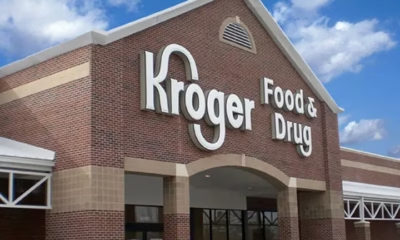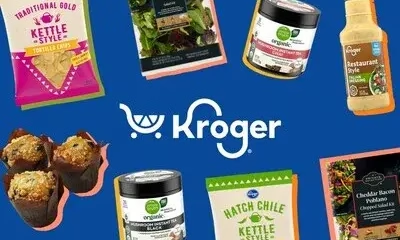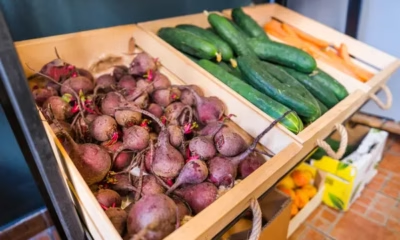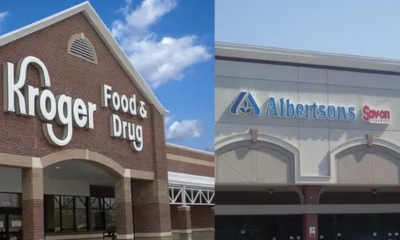Dairy
Kroger Prevails in Egg Lawsuit
Kroger, using the familiar “farm fresh” label to describe eggs that came from caged hens in industrial settings.
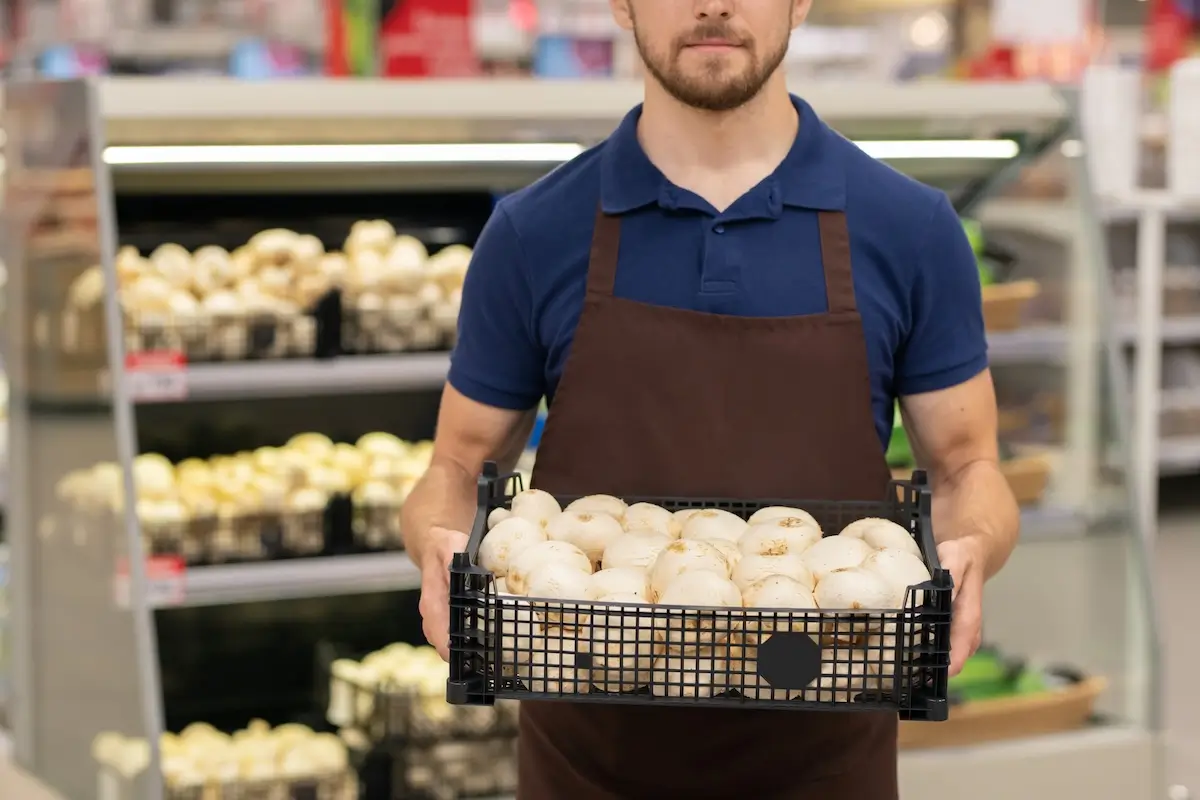
Kroger‘s labeling of its eggs as “farm fresh” has been upheld by U.S. District Judge Charles Kocoras, according to a report by Reuters. The lawsuit was brought forth by consumer Adam Sorkin, who claimed he purchased these eggs under the impression that the hens were uncaged and had access to open green spaces. He stated that he would not have paid a premium for the eggs if he had known they came from caged hens.
Sorkin argued that the term “farm fresh” was misleading; however, Judge Kocoras dismissed the lawsuit, noting that the eggs were indeed sourced from a farm, even if they did not meet Sorkin’s personal definition of “farm fresh.” Kocoras remarked, “No reasonable consumer would plausibly spin free-roaming hens on a grassy, open field from the term ‘farm fresh.’ ‘Farm Fresh Eggs’ means precisely what it says: The eggs are fresh from a farm. It is about origin and timing, nothing more.”
Kroger did not respond to requests for comment before the publication of this article.
In April 2023, Michigan’s attorney general reached out to Kroger, urging the retailer to clarify its “farm fresh” messaging through clear in-store signage to help consumers differentiate between eggs from caged and uncaged hens. A report titled Cracking Down on Kroger by Data for Progress indicated that many Kroger shoppers believe that “farm fresh” eggs come from cage-free hens. When surveyed, 53% of respondents supported the idea of posting signs to clarify the source of certain eggs, with this percentage rising to 66% among Latino consumers and 65% among individuals under 45 years old.
In response to growing consumer demand for transparency, Kroger announced in 2016 its goal to transition to 100% cage-free eggs by 2025.





